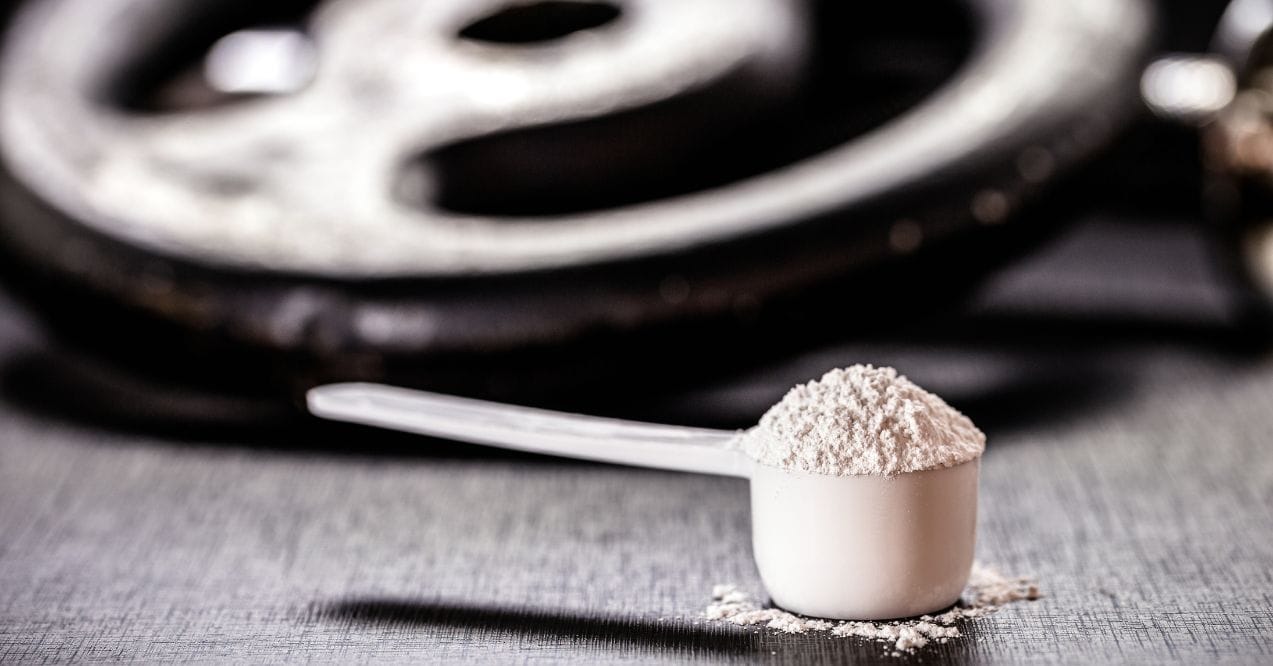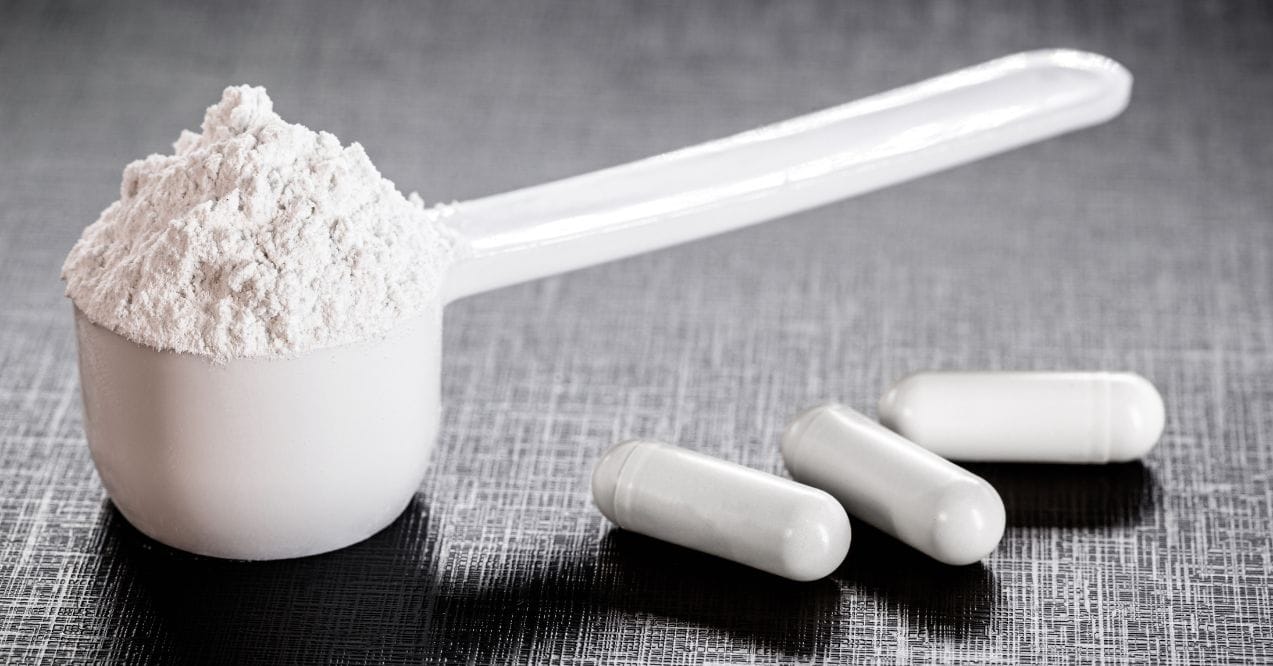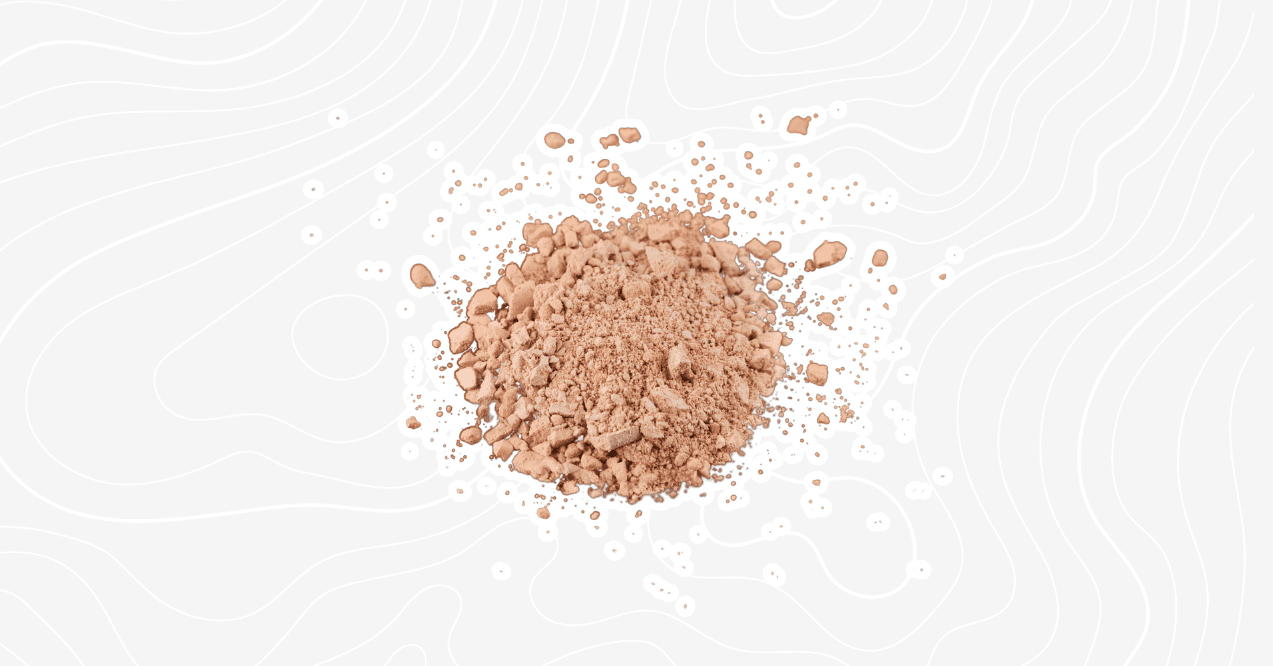Creatine vs Creatinine: Main Differences
Creatine vs creatinine: two terms that often spark confusion in the health and fitness world. While they may sound similar, these compounds play vastly different roles in our bodies. Whether you’re a fitness enthusiast looking to maximize your gains or simply curious about your overall health, understanding the relationship between these two substances is crucial.
This article will dive into the key differences between creatine supplements and creatinine, exploring how they function in our bodies and addressing common concerns.
So, let’s unravel the mystery behind these often misunderstood compounds and discover how they impact our health and fitness journeys.
Key takeaways:
Creatine vs Creatinine
When it comes to creatine vs creatinine, it’s important to understand that these are two distinct compounds with different roles in our bodies. Let’s break down the key differences between creatinine and creatine:
Creatine:
- A naturally occurring compound found in muscle cells
- Produced by the body and obtained through diet (mainly from meat and fish)
- Plays a crucial role in energy production during high-intensity, short-duration activities
- Often used as a supplement to enhance athletic performance and muscle growth
Creatinine:
- A waste product formed from the breakdown of creatine and muscle tissue
- Produced at a relatively constant rate by the body
- Filtered out of the blood by the kidneys and excreted in urine
- Used as a marker for kidney function in medical tests
While creatine is actively involved in energy metabolism, creatinine serves no functional purpose in the body. It’s simply a byproduct that needs to be eliminated. This fundamental difference is at the heart of the question: is creatinine the same as creatine? The answer is a resounding no.

Does Creatine Use Affect the Level of Creatinine?
One common concern among those considering creatine supplementation is whether it can impact creatinine levels. The short answer is yes, but it’s not as straightforward as you might think.
When you consume creatine, either through your diet or as a supplement, your body’s creatine stores increase. As a natural consequence, there’s more creatine available to be broken down into creatinine. This can lead to a slight increase in creatinine levels in your blood and urine.
However, it’s important to note that this increase is typically small and doesn’t necessarily indicate any health issues. In fact, it’s considered a normal response to increased creatine intake. This temporary elevation usually returns to baseline once you stop taking creatine supplements.
For most healthy individuals, this slight increase in creatinine doesn’t pose any health risks. However, if you have pre-existing kidney issues or are at risk for kidney disease, it’s always best to consult with a healthcare professional before starting any new supplement regimen.
Interestingly, the timing of creatine intake can also be a topic of discussion among fitness enthusiasts. Some wonder does creatine break a fast? While creatine itself contains no calories, it can potentially trigger certain metabolic responses. However, the impact is generally considered minimal and unlikely to significantly affect the benefits of fasting for most people.
What Else Can Increase Creatinine?

While creatine supplementation can influence creatinine levels, it’s not the only factor at play. Several other elements can contribute to elevated creatinine levels:
Diet
Your dietary choices can significantly impact your creatinine levels. Here are some key points to consider:
- High protein intake – Consuming large amounts of protein, especially from animal sources, can increase creatinine production.
- Red meat – Red meat is particularly high in creatine, which can lead to higher creatinine levels.
- Certain supplements – Some dietary supplements, particularly those containing creatine or amino acids, may influence creatinine levels.
Dehydration
Proper hydration plays a crucial role in maintaining healthy creatinine levels. When you’re dehydrated:
- Your blood becomes more concentrated, which can lead to higher creatinine readings.
- Your kidneys may not be able to filter waste products as efficiently, potentially causing creatinine to build up.
Physical Activity
Exercise and physical activity can also influence creatinine levels:
- Intense workouts, especially those involving heavy weightlifting, can cause temporary increases in creatinine due to muscle breakdown.
- Endurance activities may also lead to elevated creatinine levels, particularly if coupled with dehydration.
How Fast Does Creatine Turn into Creatinine?
The conversion of creatine to creatinine is a continuous process that occurs naturally in our bodies. Here’s a breakdown of how it happens:
- Daily conversion – About 1-2% of your body’s creatine is converted to creatinine each day.
- Constant rate – This conversion happens at a fairly steady rate, which is why creatinine levels are often used as a marker for kidney function.
- Supplement influence – When you take creatine supplements, you’re increasing the pool of creatine in your body, which can lead to a slight increase in creatinine production.
The speed of this conversion can vary slightly from person to person based on factors like muscle mass, activity level, and overall health. However, it’s generally a slow and steady process rather than a rapid transformation.
It’s also worth noting that not all creatine is the same when it comes to how quickly it’s absorbed and utilized by the body. This leads to the question: is all creatine the same? While the basic molecule is the same, different forms of creatine supplements may have varying absorption rates and effects on creatinine levels.
For instance, some high-quality products like Trumeta Creatine are designed to optimize absorption and minimize potential side effects, ensuring you get the most out of your supplementation.

What Happens if Creatinine Is High?
Elevated creatinine levels can be a cause for concern, as they may indicate underlying health issues. Here’s what you need to know:
- Kidney function – High creatinine levels are often associated with impaired kidney function, as the kidneys are responsible for filtering creatinine from the blood.
- Temporary vs. persistent elevation – A one-time high reading may not be cause for alarm, especially if you’ve recently engaged in intense physical activity or eaten a large protein-rich meal. However, persistently high levels warrant further investigation.
- Other potential causes – While kidney issues are a common cause of high creatinine, other factors like dehydration, certain medications, and muscle disorders can also contribute.
- Need for further testing – If creatinine levels are consistently high, healthcare providers may recommend additional tests to assess kidney function and overall health.
- Lifestyle adjustments – In some cases, simple changes like increasing water intake, modifying diet, or adjusting exercise routines may help bring creatinine levels back to normal.
Conclusion
In conclusion, navigating the world of creatine and creatinine requires understanding their distinct roles in the body. Creatine fuels your muscles, while creatinine provides insights into your kidney function. While the creatine vs creatinine debate often sparks confusion, recognizing their differences empowers you to make informed decisions about supplementation and health.
Remember, a slight increase in creatinine following creatine use is usually normal, but consulting a healthcare professional is always advisable, especially if you have any underlying health concerns.
Not all creatine is the same in terms of absorption and effects. While the basic molecule is identical, different forms of creatine supplements can vary in purity, solubility, and how quickly they’re absorbed by the body. Some formulations, like micronized creatine, may offer improved bioavailability compared to standard forms.
No, creatinine is not the same as creatine. Creatine is a compound that helps supply energy to muscles, while creatinine is a waste product from creatine breakdown. Creatine is beneficial for muscle performance, whereas creatinine serves no functional purpose and is filtered out by the kidneys.
The main difference between creatinine and creatine lies in their roles. Creatine is an energy-providing compound essential for muscle function, often used as a supplement. Creatinine, on the other hand, is a waste product from muscle metabolism that’s filtered by the kidneys and used as a marker for kidney function.
Advertisement. This site offers health, wellness, fitness and nutritional information and is designed for educational purposes only. You should not rely on this information as a substitute for, nor does it replace, professional medical advice, diagnosis, or treatment. If you have any concerns or questions about your health, you should always consult with a physician or other health-care professional. Do not disregard, avoid or delay obtaining medical or health related advice from your health-care professional because of something you may have read on this site. The use of any information provided on this site is solely at your own risk.







